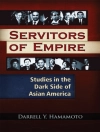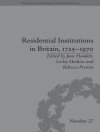’Pirate Slang Language’ delves into the fascinating evolution of maritime linguistics in Northern European waters from the 15th to 18th centuries, focusing on how pirate communities developed and influenced nautical communication. The book reveals how geographic isolation and maritime culture created unique linguistic patterns that continue to shape modern nautical terminology.
Through careful examination of ship logs, court records, and recovered manifests from Dutch, English, and Scandinavian archives, readers discover how specialized vocabulary emerged for navigation, weather conditions, and ship operations. The book progresses through three distinct sections, beginning with the social context of northern European piracy and its impact on communication needs.
Moving from historical foundations to specific linguistic elements, it examines technical terminology and command structures before tracing their evolution into modern maritime vocabulary. Notable findings include how economic conditions and political relationships influenced the development of specialized maritime terms, challenging popular misconceptions about pirate language perpetuated by modern media.
What sets this work apart is its meticulous blend of maritime history, sociolinguistics, and cultural anthropology, supported by authentic historical documents. The academic yet accessible writing style makes complex linguistic concepts understandable while maintaining scholarly integrity. For readers interested in historical language development and maritime culture, the book offers valuable insights into how isolated communities shaped professional jargon and contributed to the international nautical vocabulary we use today.












